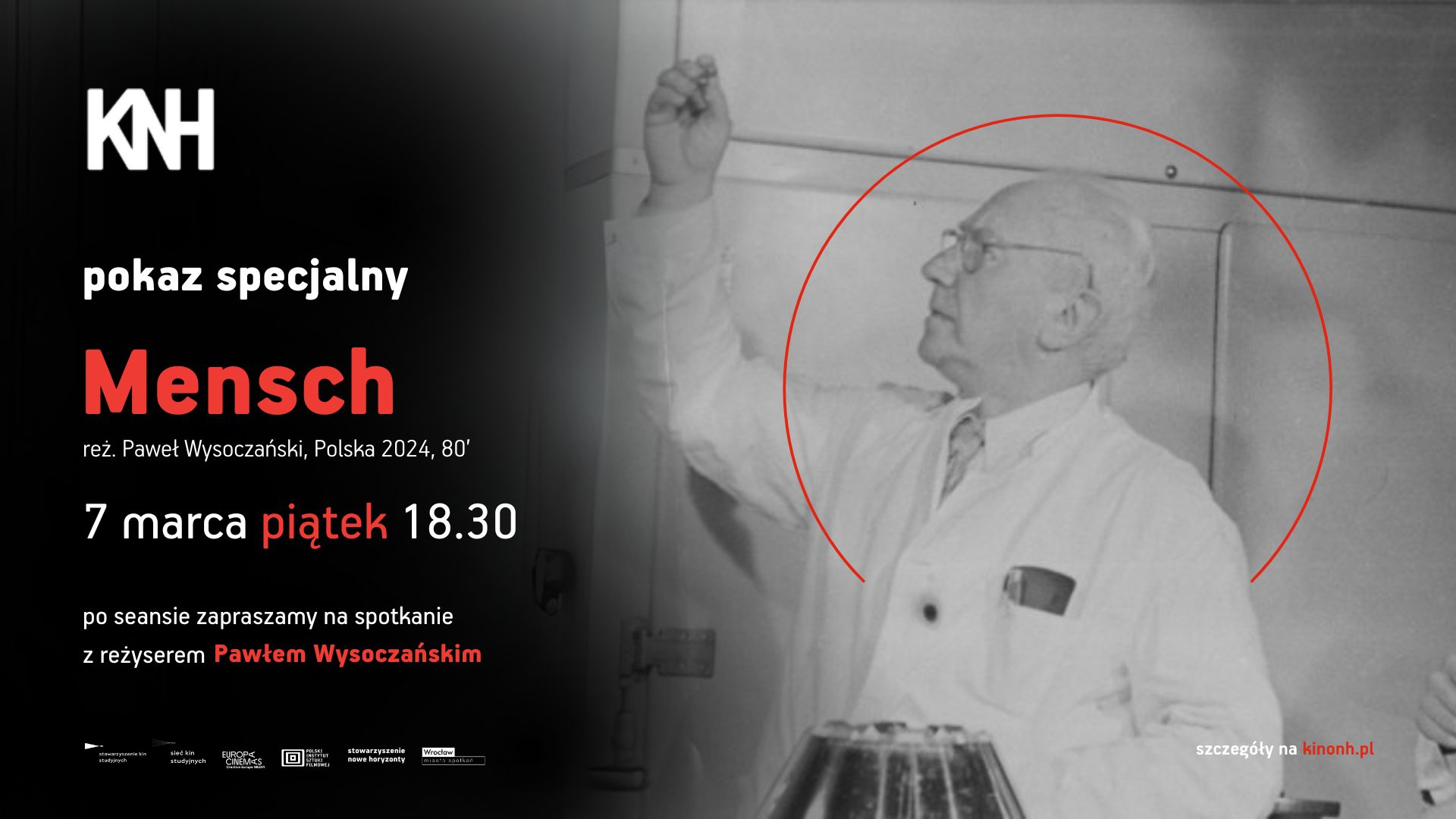HIPEC w leczeniu raka żołądka
Naukowcy szukają nowych metod terapeutycznych na wydłużenia przeżycia chorych leczonych z powodu raka żołądka.
Zespół prof. Marka Bębenka, kierownika Centrum Nowotworów Przewodu Pokarmowego DCOPiH uczestniczy w niekomercyjnym badaniu klinicznym CHIMERA. Badanie ma ustalić czy profilaktyczne zastosowanie procedury HIPEC, jako uzupełnienie obowiązującego standardu leczenia chorych z rakiem żołądka, doprowadzi do zmniejszenia częstości nawrotu raka w postaci przerzutów do otrzewnej. W dalszej perspektywie zostanie oceniony wpływ zastosowanego leczenia na przeżycia odległe chorych. Zaproponowany schemat leczenia zaawansowanego raka żołądka jest innowacyjny w skali światowej.
Do badania zostanie włączonych 600 chorych w wieku 18-75 lat z rakiem żołądka potwierdzonym histopatologicznie w wycinkach pobranych z guza.
Koordynatorem badania klinicznego p. Aneta Baranowska tel. 782 999 717 aneta.baranowska@dcopih.pl
fot. Archiw







